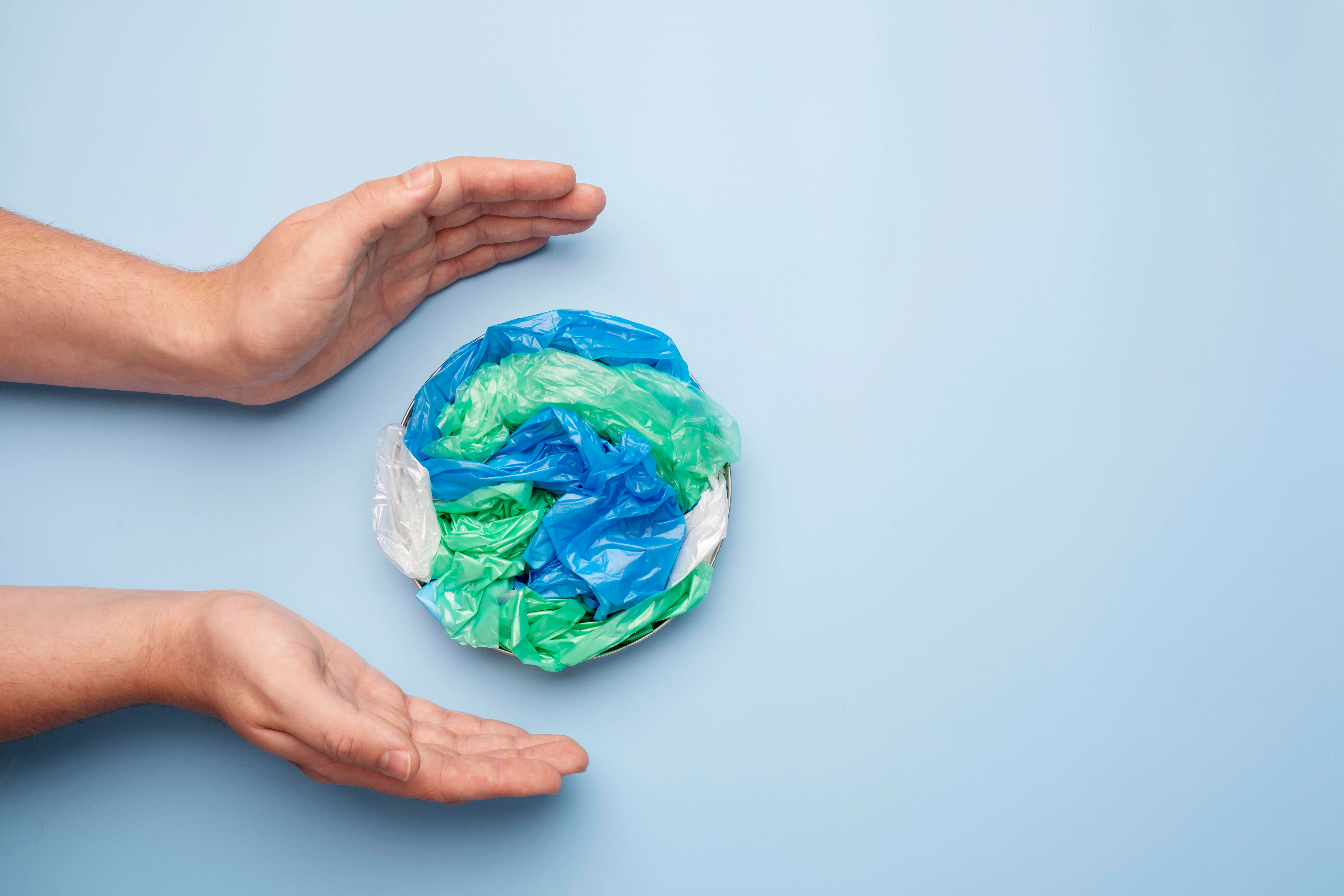In a world increasingly aware of environmental challenges, the realm of packaging stands as a critical arena for sustainable transformation. The surge of interest in eco-friendly alternatives has spurred the ascendancy of bioplastics, marking a pivotal shift in packaging materials toward sustainability.
Sustainable packaging solutions have emerged as a beacon of hope, offering a departure from traditional, non-biodegradable plastics. Within this landscape, biodegradable plastics have gained considerable traction, and companies like Ecobharat have been instrumental in catalyzing this shift.
The narrative of biodegradable packaging materials tells a story of innovation rooted in ecological responsibility. Derived from organic sources like corn, sugarcane, or even seaweed, these materials exhibit properties akin to conventional plastics. However, their defining characteristic lies in their ability to decompose naturally, mitigating the long-standing environmental burdens imposed by their predecessors.
The rise of bioplastics in packaging is not merely a trend but a testament to an evolving consumer ethos seeking eco-friendly packaging trends. Consumers are increasingly drawn to products that align with their values, gravitating toward brands that prioritize sustainability in their packaging choices. This shift in consumer behavior has prompted industries to pivot toward more environmentally responsible practices, leveraging bioplastics to meet these demands.
Ecobharat's foray into bioplastics in product packaging exemplifies this transformative journey. By offering packaging solutions derived from renewable resources, they not only champion sustainable practices but also cater to businesses seeking to align with eco-conscious consumer preferences.
Amidst this evolution, the question of sustainable packaging innovations takes center stage. Research and development continue to push boundaries, enhancing the durability, versatility, and compostability of biodegradable plastics. These innovations pave the way for a future where packaging no longer contributes to environmental degradation but rather becomes an ally in preserving our planet.
The era of bioplastics in packaging heralds a paradigm shift in the industry. It champions a vision where packaging materials seamlessly integrate into the natural environment, minimizing waste and environmental impact.
In conclusion, the trajectory of packaging materials is undergoing a profound metamorphosis, transitioning from conventional plastics to sustainable alternatives like bioplastics. This transformation underscores the collective commitment to a greener, more sustainable future, where packaging serves not only as a vessel for products but as a steward of the environment.



